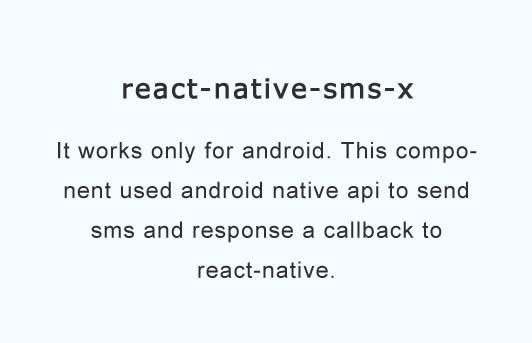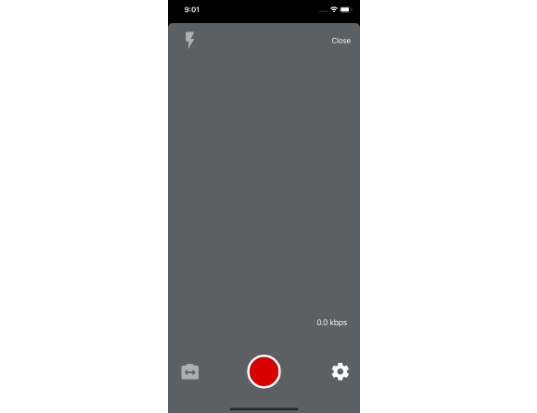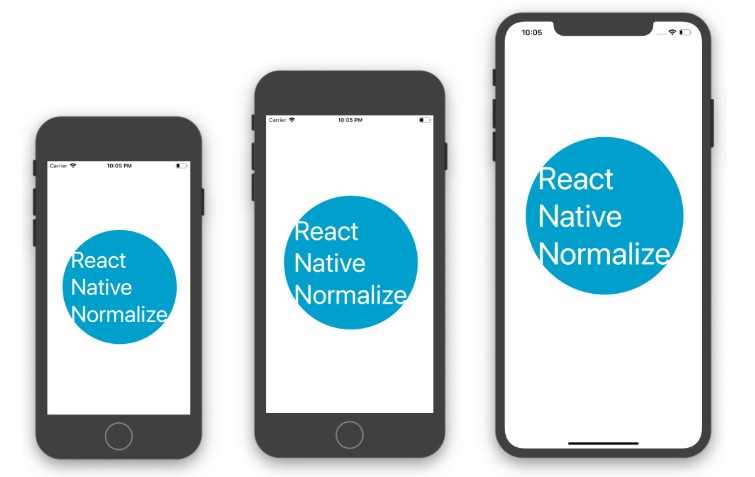react-native-sms-x
A react-native api to send SMS messages. It works only for android. This component used android native api to send sms and response a callback to react-native. This react-native component doesn't link to the mobile default messenger view. It will programmatically send the message to a phone number which is provided as a parameter and will response a callback with a string indicating message was sent or failure or no service.
usage
import SendSMS from 'react-native-sms-x';
// you can put any number as Id to identify which message being process
SendSMS.send(123, "+959254687254", "Hey.., this is me!\nGood to see you. Have a nice day.", (msg)=>{ alert(msg) });
Response msg string will be one of the following:
- "SMS sent" - for successful message
- "Generic failure" - for general failure
- "No service" - for no mobile operator service
- "Radio off" - for no mobile signal
- "Null PDU" - for no PDU
Note:
Minimum android version is 4.1 and supported RN >= v0.29.
Installation
npm install react-native-sms-x --save
Android Setup
1.In your android/settings.gradle file, make the following additions:
include ':react-native-sms-x'
project(':react-native-sms-x').projectDir = new File(rootProject.projectDir, '../node_modules/react-native-sms-x/android/app')
2.In your android/app/build.gradle file, add the ':react-native-sms-x' project as a compile-time dependency:
...
dependencies {
...
compile project(':react-native-sms-x')
}
3.Update the MainApplication.java file as follow:
import com.facebook.react.ReactApplication;
...
import com.someone.sendsms.SendSMSPackage; // <--- add here!
public class MainApplication extends Application implements ReactApplication {
private final ReactNativeHost mReactNativeHost = new ReactNativeHost(this) {
@Override
protected boolean getUseDeveloperSupport() {
return BuildConfig.DEBUG;
}
@Override
protected List<ReactPackage> getPackages() {
return Arrays.<ReactPackage>asList(
new MainReactPackage(),
new SendSMSPackage() // <--- add here!
);
}
};
@Override
public ReactNativeHost getReactNativeHost() {
return mReactNativeHost;
}
}
4.In your AndroidManifest.xml file, add a user permission for sending SMS.
<uses-permission android:name="android.permission.SEND_SMS" />
Example
import React, { Component } from 'react';
import {
AppRegistry,
StyleSheet,
Text,
View,
TouchableOpacity,
ToastAndroid
} from 'react-native';
import SendSMS from 'react-native-sms-x';
export default class RNSMS extends Component {
sendSMSFunction() {
SendSMS.send(123, "+95912345678", "Hey.., this is me!\nGood to see you. Have a nice day.",
(msg)=>{
ToastAndroid.show(msg, ToastAndroid.SHORT);
}
);
}
render() {
return (
<View style={styles.container}>
<TouchableOpacity style={styles.button} onPress={this.sendSMSFunction.bind(this)}>
<Text>Send SMS</Text>
</TouchableOpacity>
</View>
);
}
}
const styles = StyleSheet.create({
container: {
flex: 1,
justifyContent: 'center',
alignItems: 'center',
backgroundColor: '#F5FCFF',
},
button: {
padding: 10,
borderWidth: .5,
borderColor: '#bbb',
margin: 10,
alignItems: 'center',
justifyContent: 'center'
}
});
AppRegistry.registerComponent('RNSMS', () => RNSMS);





